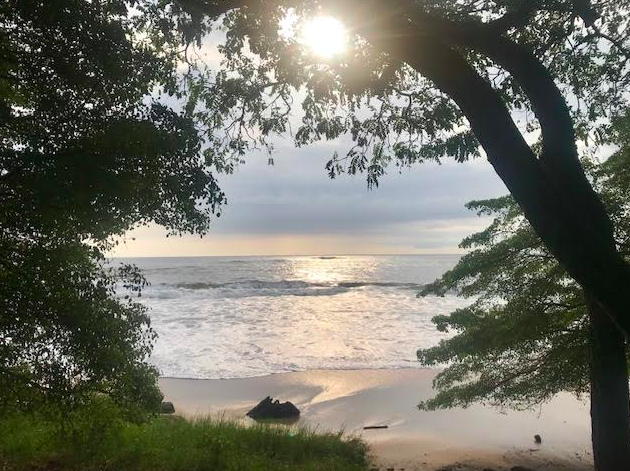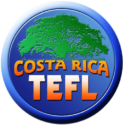I bet you’re all thinking… why the sudden career change? How do you start from scratch after 30 years? How does a lawyer become a teacher without a teaching degree? Well… you’re about to find out. Ex attorney, Maria Hughes, 53 years young;) and originally from the US, gives us some insight into Why, How and When she shifted her career to, do exactly what she loves, travel.
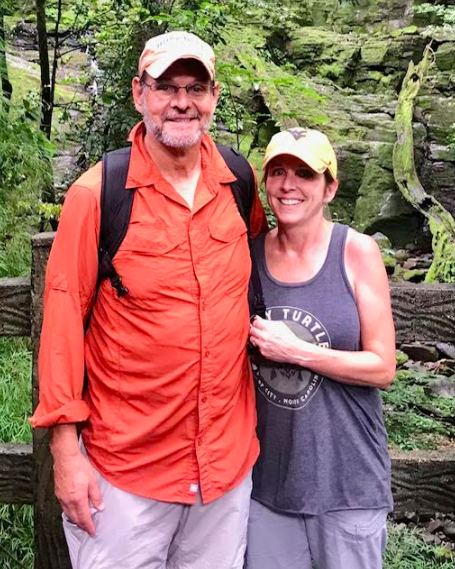
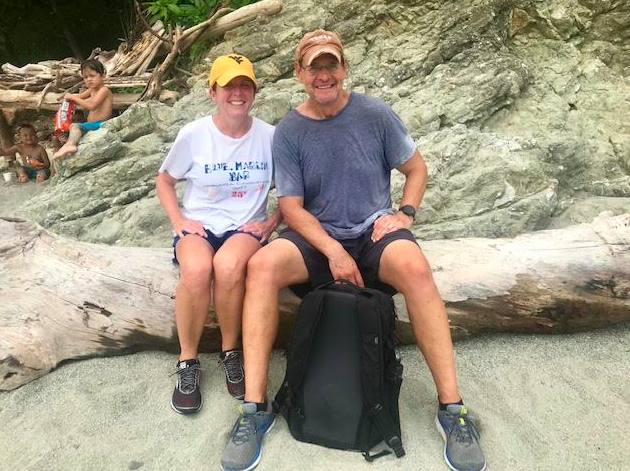
Maria Hughes’ career started by practicing employment law, “I represented employees and employers in workplace disputes such as matters involving wrongful discharge, discrimination, and sexual harassment”, she described in an interview. 30 years down the line, she started to think of alternate options regarding her career. It was her love for travel that brought her to the realisation that perhaps she could make a career out of it. She had travelled to India, Colombia, Mexico, Spain, Portugal, Italy, Costa Rica and some other countries. “I have always loved other cultures, and I love languages”, she added. She felt that she relates well to people and believed that due to being exposed to all forms of communication, teaching English might be the perfect way to interact.
“When I travel, I like to immerse myself in the language, food, and traditions of the people who live there’.
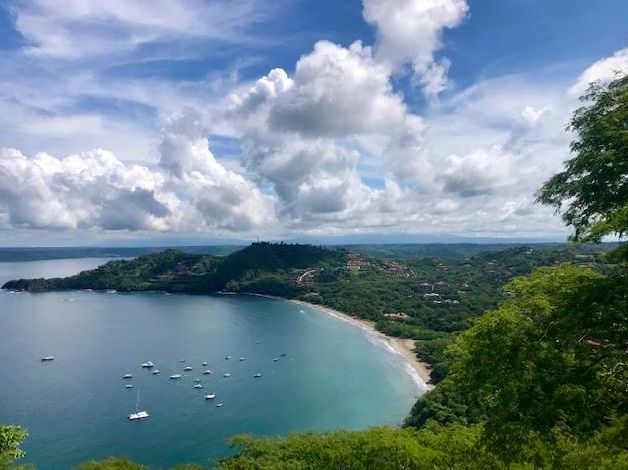
Teacher Education Background
Maria admits that she had never officially taught in a classroom setting… “however, I feel like my experience as a lawyer prepared me to teach”, she commented. Where she lacked in formal education experience she made up in various forms of educating and instructing people in her workplace. For example, she taught continuing legal education to her peers, she trained workforces on sexual harassment and she even had experience in workshop settings, teaching adoption law to prospective adoptive parents.
Nevertheless, no prior teaching degree, qualification or teaching experience is needed in order to apply to do a TEFL or TESOL certificate. So nothing could possibly stop her:)
Why Costa Rica TEFL?
Having travelled to Costa Rica several times, Maria discovered the TEFL school in Playa Samara. She had already fallen in love with the beach town so being there for one month, while doing the TEFL course was perfect for her. “I tell people that I have a “Costa Rican” habit, because I can only stay away for so long”.
Expectations vs. Experiences of the TEFL course.
Maria expresses that the course in itself required a lot more time and effort than she thought it would mainly due to being a Type A person (outgoing, ambitious rigidly organized and concerned with time management). She took the course very seriously and learned A LOT! “I am so grateful for the time spent teaching and the one-on-one experiences with the students”, she highlighted and that seeing the smiles on the faces of the students and realizing how much they wanted to learn English was all the motivation she needed.
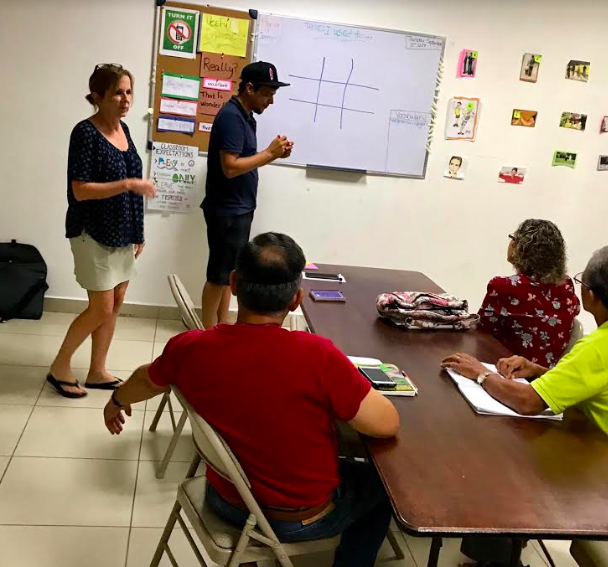
“That is when I knew this experience was going to enrich my life. It became an experience I will never forget.”
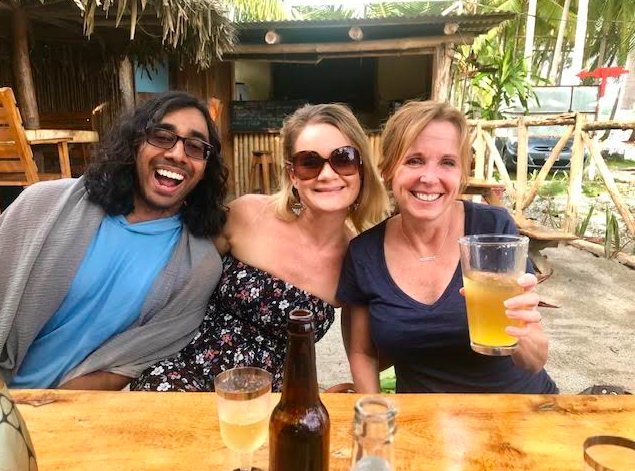
Current Work Status
She is still currently in the US and is fortunate enough to be teaching her very own class. Although this is a voluntary position, she says she is happier now than she has been in a long time from a paying job. She teaches twice a week and her students are emergent learners at the local literacy council. “Currently, I teach seven students from China, Tanzania, Mexico, and Guatemala”. She also described that the students speak Chinese, Swahili, and Spanish as their primary languages, which presents her with slightly more of a challenge as opposed to having students from the same country.
Language Barrier
Maria is familiar with some Spanish which is helpful is the topic is not so clear for her Spanish students. For the others, however, she has had to revert to the good ol’ Google Translate. “The most important thing to remember is that a TEFL teacher does not have to know the primary language of the students”, this is the purpose of immersion vs. translation, she tries to point out.
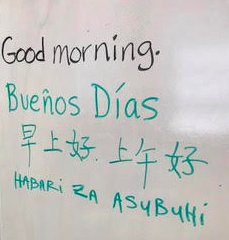
“One of my Chinese students knows very, very little English (and I know absolutely no Chinese!). I find that I come up with creative ways –using lots of objects, games, and photos – to teach him. He is learning and it is amazing!”
Would you Recommend Costa Rica TEFL?
-What I would like to communicate is that TEFL is such an amazing experience. The experience of the course will enrich your life, even if you’ve never taught. And if you have, oh wow! Life is so full of possibilities! I am forever grateful to Costa Rica TEFL. I learned so much –not only about teaching English and helping others –but I learned things about myself! – Maria Hughes
